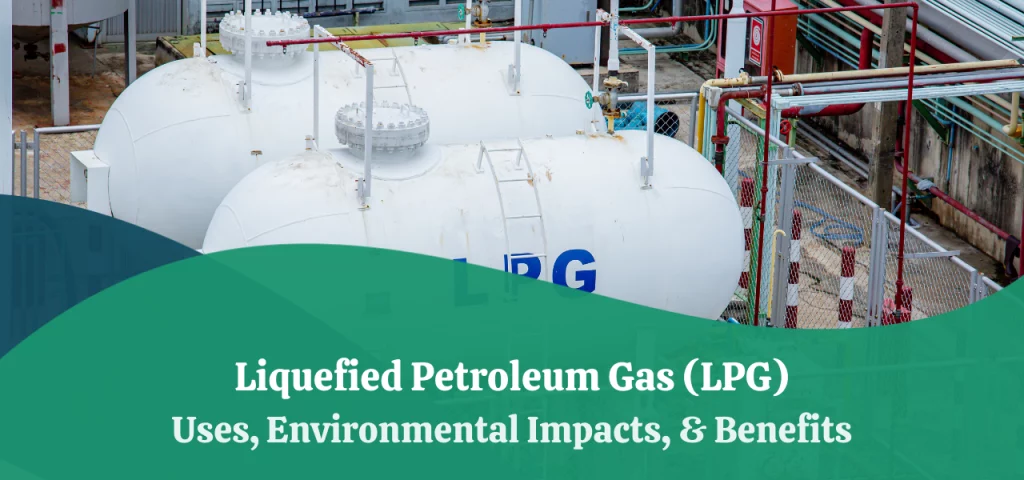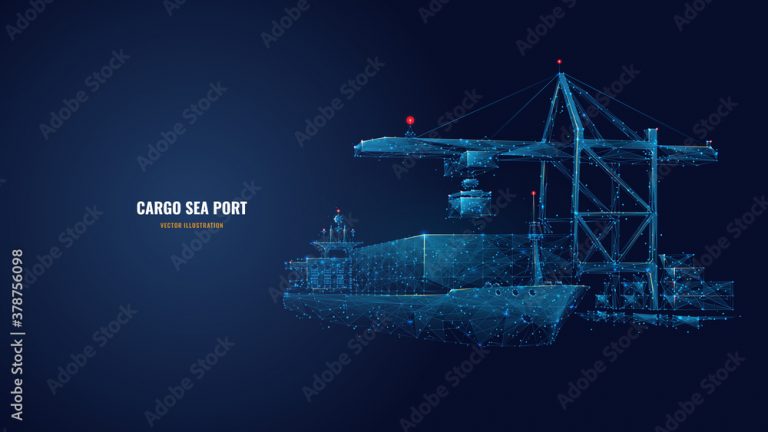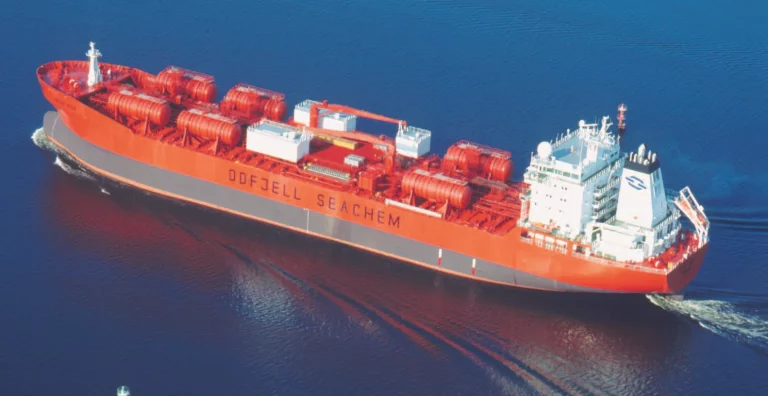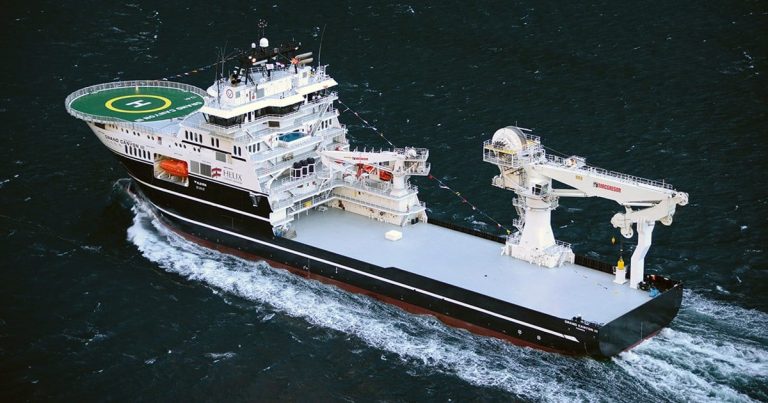
Liquefied Petroleum Gas
Liquefied Petroleum Gas (LPG) is a versatile fuel source derived from natural gas processing or petroleum refining.1 It’s a mixture of hydrocarbon gases, primarily propane and butane, which are liquefied under pressure for easier storage and transportation.2
How is LPG Produced?
LPG is produced through two primary methods:
- Natural Gas Processing:
- Natural gas contains small amounts of heavier hydrocarbons, including propane and butane.3
- These hydrocarbons are separated from the natural gas stream through a process called fractionation.
- The separated hydrocarbons are then liquefied under pressure to form LPG.
- Petroleum Refining:
- LPG is a byproduct of the petroleum refining process.
- It is extracted from refinery gases and then purified and liquefied.
Uses of LPG
LPG has a wide range of applications, including:
- Domestic Fuel: Used for cooking, heating, and water heating in homes and businesses.4
- Automotive Fuel: LPG can be used as a fuel for vehicles, either as a primary fuel or as a blend with gasoline.5
- Industrial Fuel: Used in various industrial processes, such as metalworking and ceramics.6
- Agricultural Fuel: Used for powering farm machinery and drying crops.7
- Camping and Recreational Vehicles: A popular fuel for camping stoves, heaters, and refrigerators.
Advantages of LPG
- Clean-Burning Fuel: LPG burns cleaner than many other fossil fuels, reducing emissions.8
- Versatile: Can be used in a variety of applications, from homes to industries.9
- Reliable: A reliable and efficient energy source.
- Safe: When handled and stored properly, LPG is safe to use.
Challenges and Considerations
- Infrastructure: The infrastructure for LPG distribution, such as pipelines and storage facilities, can be costly to develop.
- Safety: While LPG is relatively safe, it is flammable and requires careful handling and storage.10
- Price Volatility: The price of LPG can fluctuate due to factors such as global demand and supply.11
Despite these challenges, LPG remains a valuable energy resource that contributes to a cleaner and more sustainable future.12
Would you like to know more about the safety aspects of LPG or its environmental impact?



